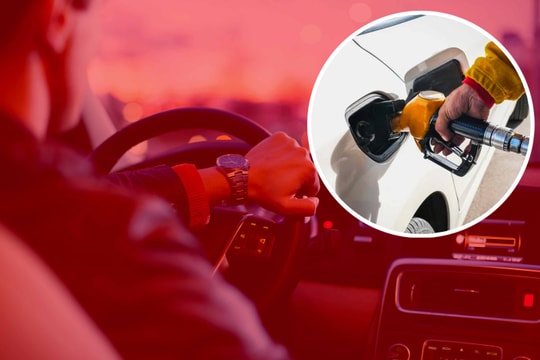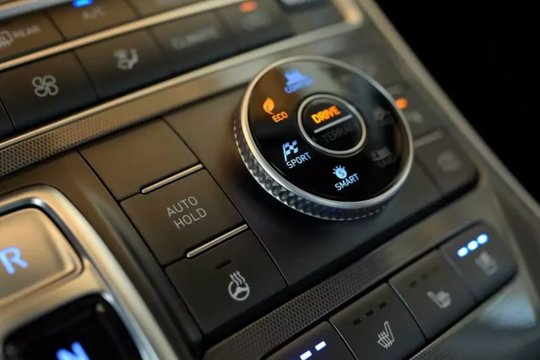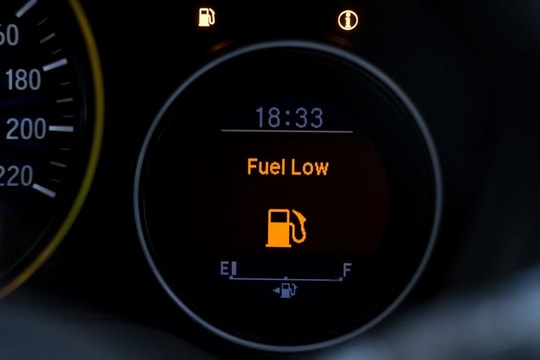Why cars running in the city consume more fuel than on the highway
Here are the reasons why gasoline cars use more fuel in the city than on the highway.
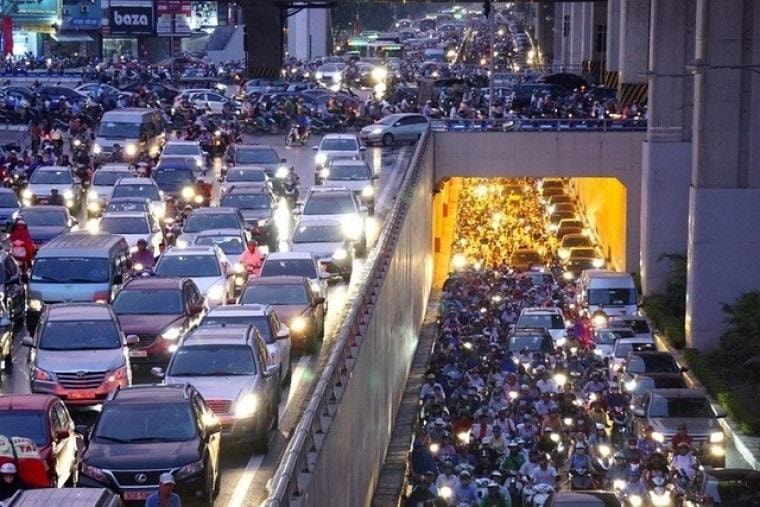 |
Driving in the city will consume more fuel than driving on the highway. Illustration: Vu Tung |
Idling is a huge waste of fuel.
When your car is running, the engine is running and it is using fuel.
The car engine is always running, even if you are stuck in traffic, stopped at red lights and do not move to let pedestrians cross. In other words, the car is still consuming gas while idling.
Fuel consumption, however, will depend on the type and size of the vehicle. The Office of Energy Efficiency and Renewable Energy (USA) notes that a compact sedan with a 2.0-liter engine uses about 0.16 gallons (0.6 liters) of fuel per hour when idling.
On the other hand, a much larger 4.6-liter gasoline engine will use more fuel, at 0.39 gallons (equivalent to 1.5 liters) in the same amount of time.
Constant starting and stopping wastes a lot of fuel.
Cars are more fuel efficient when they maintain a constant speed, and this only happens on the highway.
Meanwhile, the roads in the city are smaller, there are more cars, all kinds of vehicles moving together so you have to stop and restart the car more often so it will consume more fuel.
Furthermore, you lose some energy to heat up your brakes whenever you stop. These are the reasons why cars driving in the city will consume more fuel than on the highway.

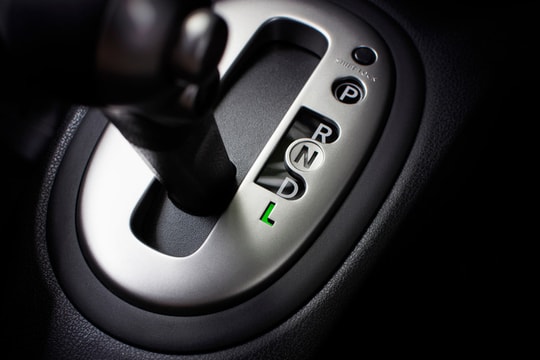
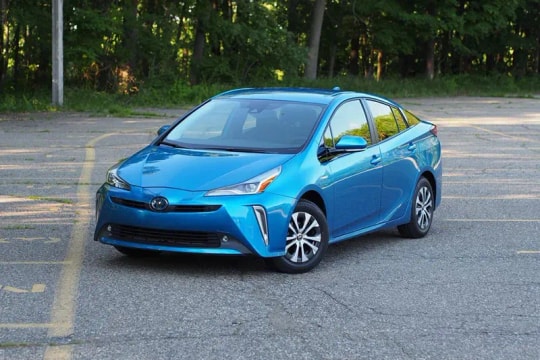
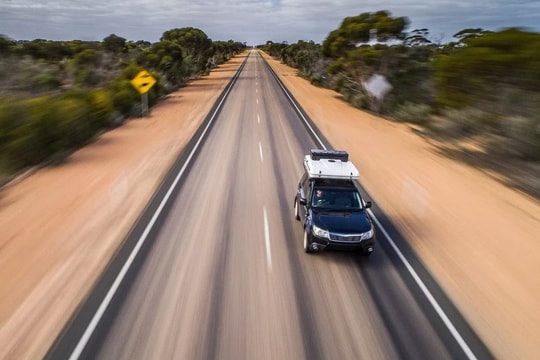
.jpg)
